Many students were upset when Carrollton announced the phone ban at the start of the 2023-2024 school year. “It was disappointing,” said Gianna Elgarresta ‘27. However, while students dreaded not being able to use their phones, administration was hopeful that the new rule would have a positive effect on improving students’ social lives, concentration, and Carrollton’s overall learning environment both in and outside of the classroom.
Now, nearly two years later, the shock has worn off, and we can evaluate the effects of this new policy.
What are students saying?
Surprisingly, many students’ feelings have changed. In a recent survey of 164 students in grades 9 through 12, 39% said that the no-phone policy has helped them improve their work ethic and concentration during class.
Nina Heffron ‘27, who visited Carrollton in 2023, pre-ban, said that at the time she “saw everyone on their phones. I [asked myself], how do you learn here and focus?” She felt relieved when she heard about the ban because she knew she wouldn’t be pressured to have her phone out like many other students, which could make it difficult for her to concentrate during class.
Leighton Rivero ‘27 also recognizes that her phone can be a distraction. “I tend to procrastinate a lot when I have my phone, and it shows in my study sessions, so I think it’s good that especially during school hours when I need to focus more, I am not allowed to have my phone..It helps me make wise choices,” she said.
What are teachers saying?
Overwhelmingly, teachers at Carrollton believe the no-phone policy has been a positive change. In an online poll of 19 9th through 12th grade teachers, 83% said they had seen a noticeable improvement in students’ concentration during class.
“[It is] overall a very positive change from the adult perspective. We are fighting a strong addiction to phones,” said Upper School Religion Teacher Mrs. Baumgartner.
Room for improvement
However, while the overall effect of the phone ban has been positive, administration should consider providing more flexibility when it comes to completing assignments efficiently and communicating with parents.
In fact, while many students agreed that not having phones has reduced distractions, in the same survey, 88% felt that being allowed to use their phones at certain times during school would help them turn assignments in and focus by being able to listen to music.
“It would make my life a lot easier during [Resource Period] if I could take pictures of my homework and put it on the portal and not get in trouble or not be asked what I am doing on my phone,” said Anna Calderin ‘27.
Another student said she doesn’t want to “hide [her] phone to change music” while studying.
Many students also wish they could use their phones to respond to parents’ texts or calls while at school, which could help with coordinating pick ups and communicating schedule changes.
Because of these issues, students should be trusted to responsibly use their phones during specific times and locations. Overall, learning how to use technology responsibly is an important life skill that calls for some amount of wise freedom.
Limits to the ban
Administration should also consider limits to the current ban when reviewing its effectiveness. For example, while students cannot use phones at school, they still have access to their laptops. 78% of poll respondents admitted to using laptops during class for activities other than school work such as playing games, texting, and online shopping.
“Even though we can’t text people on our phones, I feel like the majority of us still do it on our laptops via WhatsApp or messages,” said Heffron. “I email my mom too, so I feel like you’re not completely stopping [people].”
Ivanka Brutus ‘27 agrees. “Even though I don’t have my phone on me, I still get distracted on my computer because I can text or play games.”
Teachers shouldn’t just assume that students are focusing because they don’t have their phones. They still need to be vigilant. No rules or bans will completely free students from distractions.











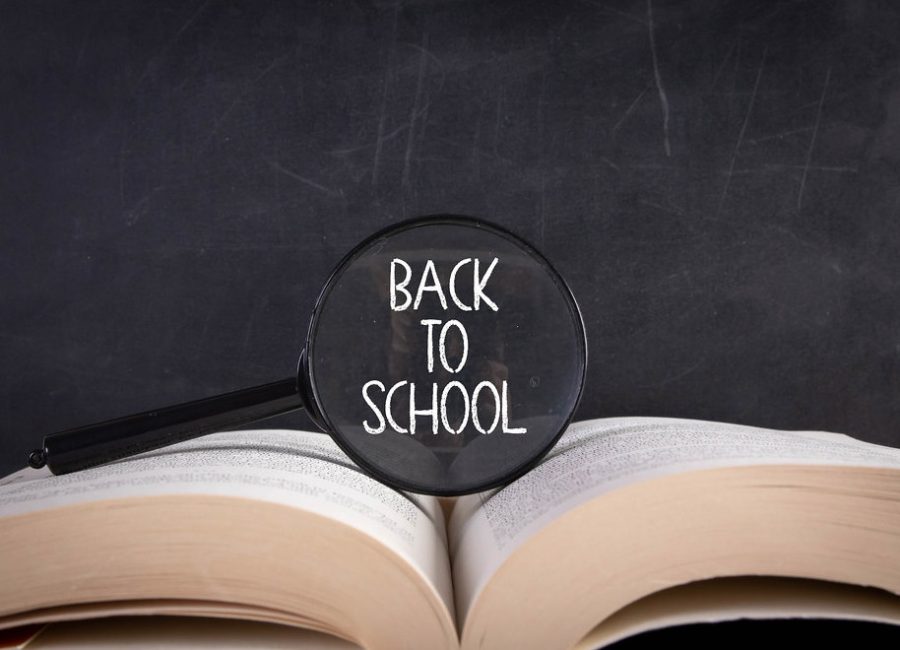













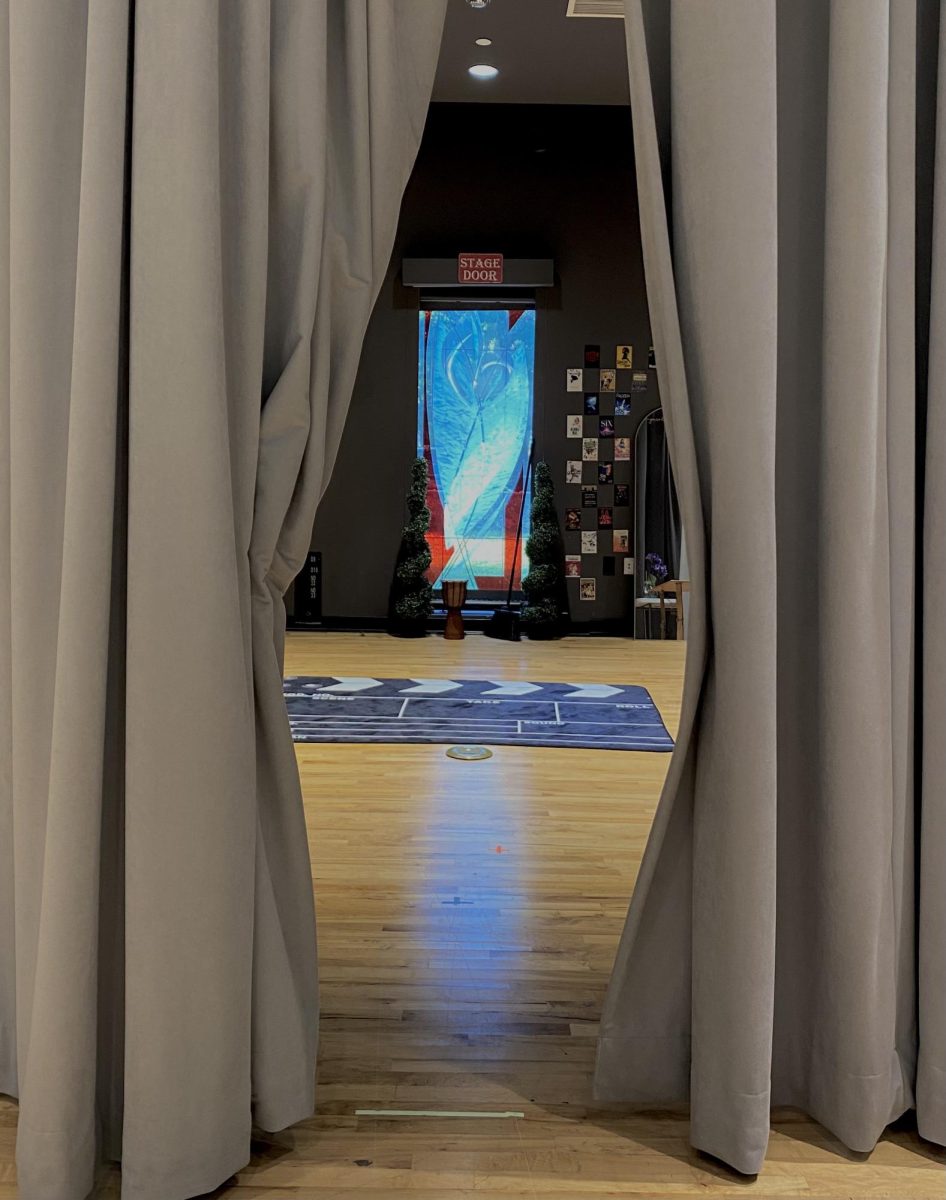


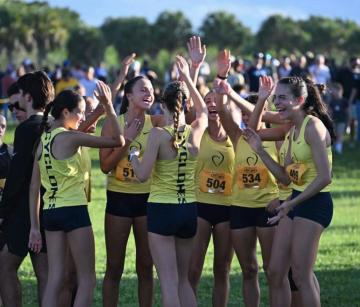

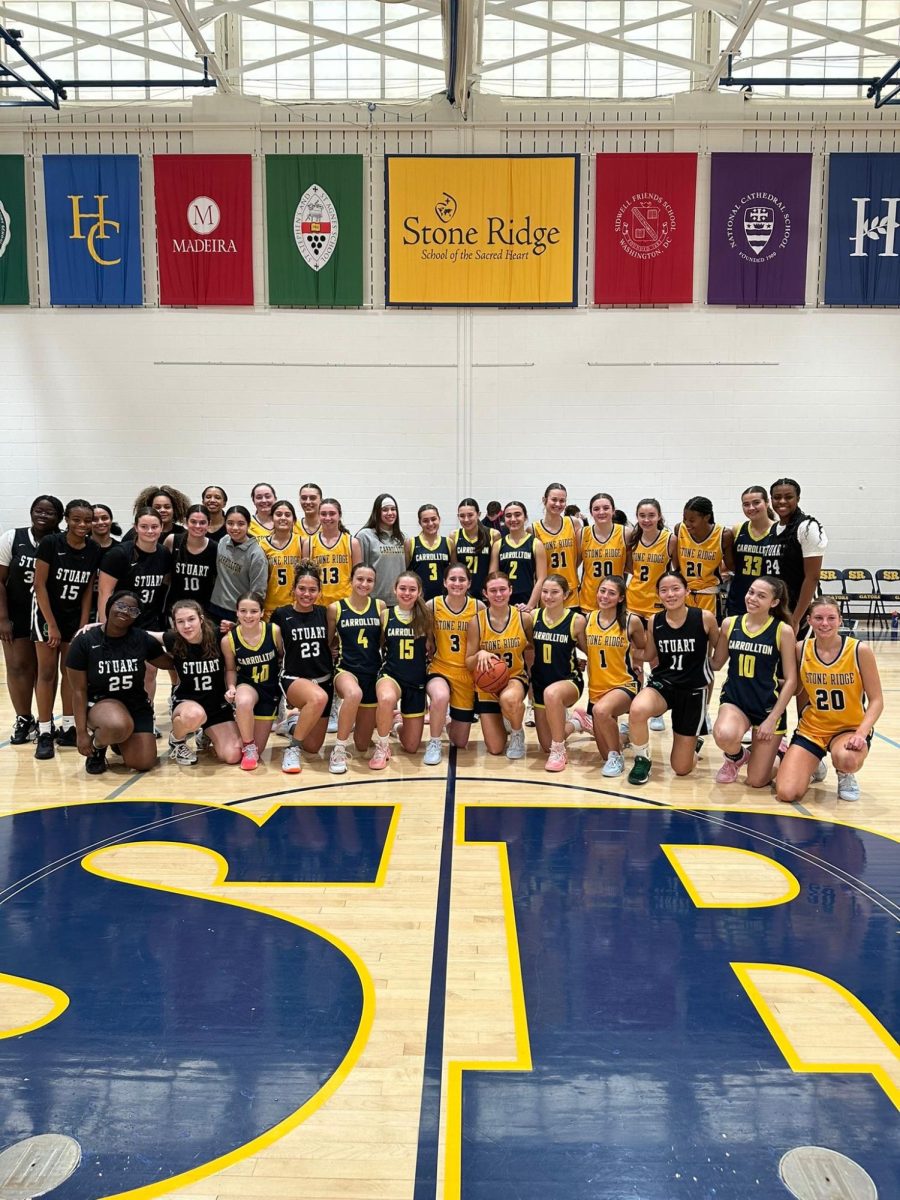





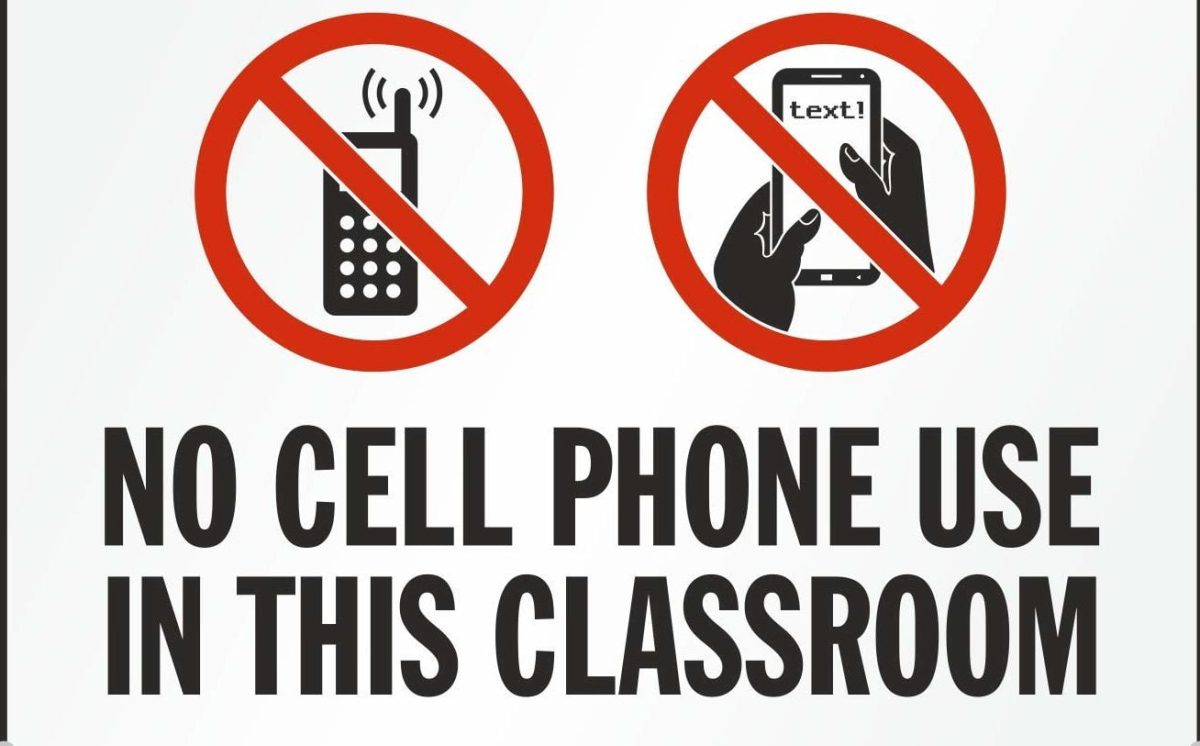


Emma Sundblad • Oct 22, 2025 at 8:44 am
Great story! Really encapsulates all sides and nuances.